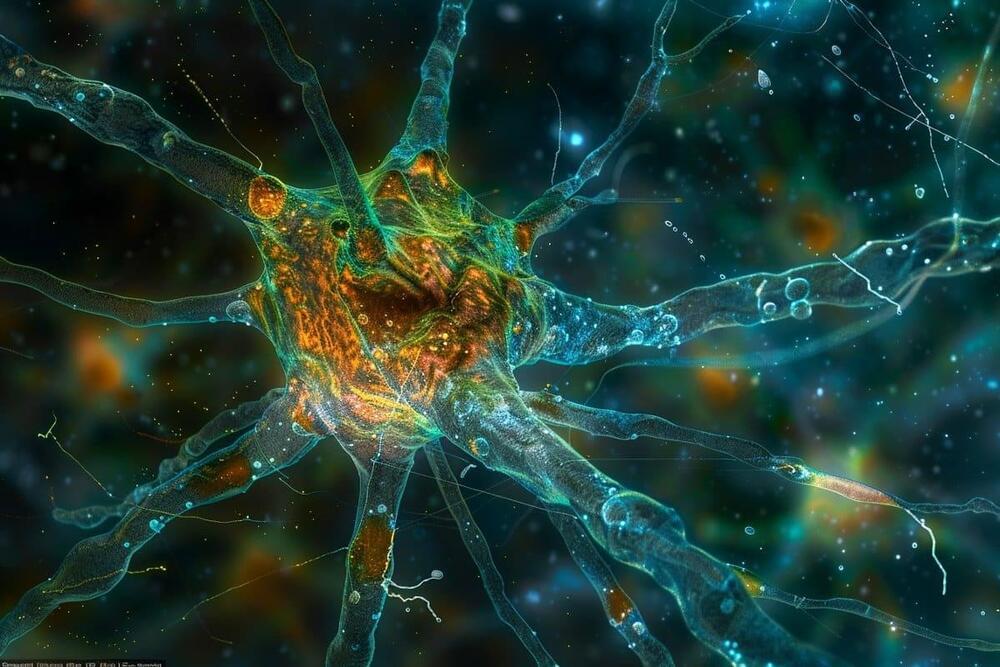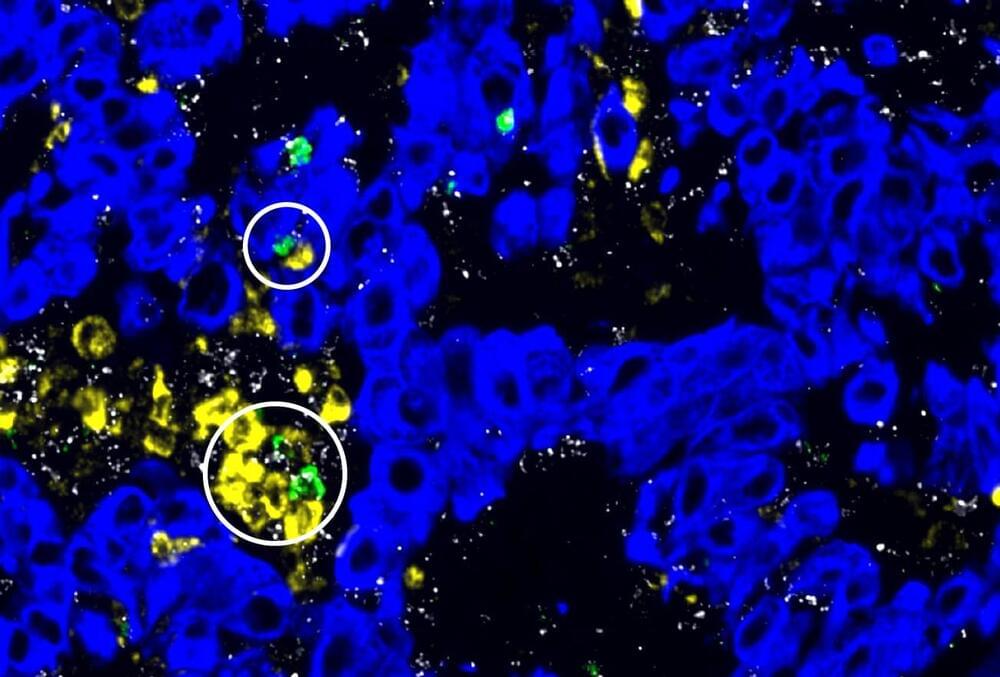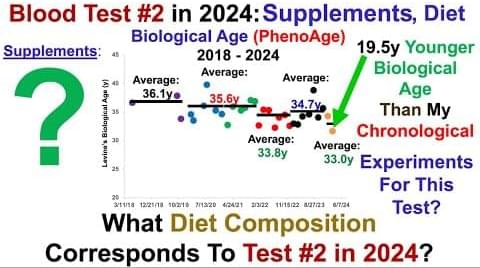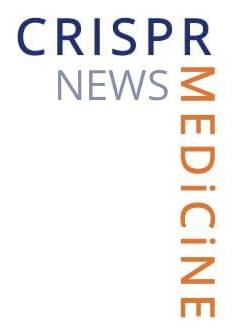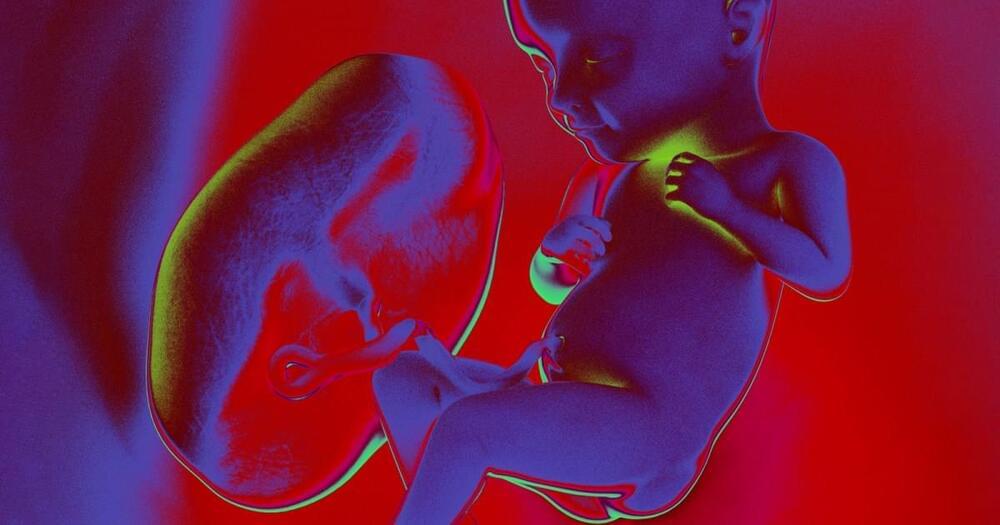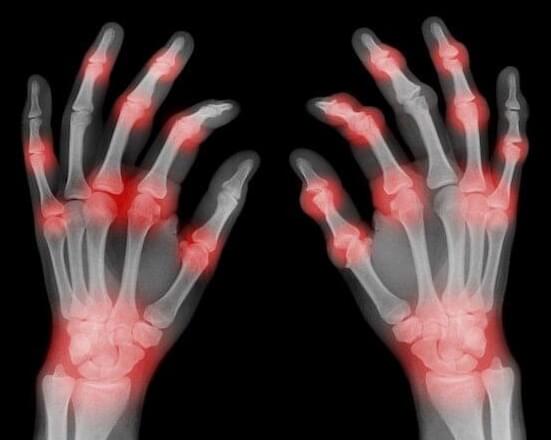
The field of aging research has made significant progress over the last three decades, reaching a stage where we now understand the underlying mechanisms of the aging process. Moreover, the knowledge has broadened to include techniques that quantify aging, decelerate its process, as well as sometimes reverse aging.
To date, twelve hallmarks of aging have been identified; these include reduced mitochondrial function, loss of stem cells, increased cellular senescence, telomere shortening, and impaired protein and energy homeostasis. Biomarkers of aging help to understand age-related changes, track the physiological aging process and predict age-related diseases [1].
Longevity. Technology: Biological information is stored in two main ways, the genomes consisting of nucleic acids, and the epigenome, consisting of chemical modifications to the DNA as well as histone proteins. However, biological information can be lost over time as well as disrupted due to cell damage. How can this loss be overcome? In the 1940s, American mathematician and communications engineer Claude Shannon came up with a neat solution to prevent the loss of information in communications, introducing an ‘observer’ that would help to ensure that the original information survives and is transmitted [2]. Can these ideas be applied to aging?

